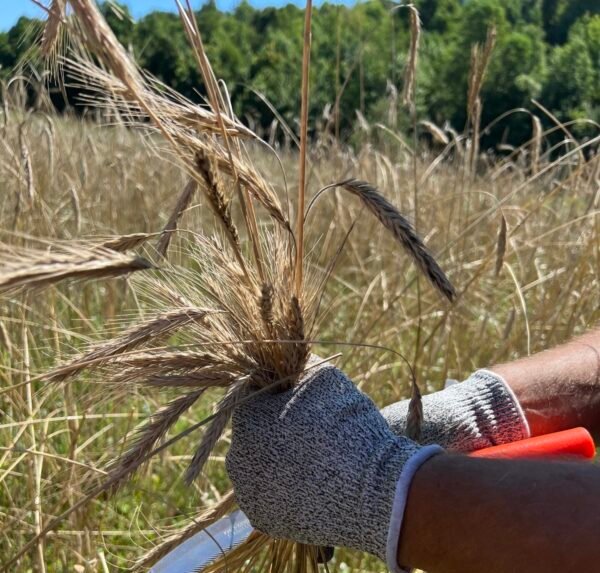news
Rosenrei’s revival brings new markets to farmers

A northern Michigan distiller is trying to reclaim the state’s status as a rye powerhouse, and he’s doing everything he can to make it happen.
“Our goal is to make Rosenrye a viable commercial grain for growers across the state.”
Founder and CEO Mammoth Distillery Chad Munger tells Brownfield that Michigan farmers supplied Rosenrye to moonshiners on the East Coast during Prohibition, and it has since been used in many major national brands.
“If you go to a store today, you won’t find a bottle of alcohol that lists the name of the grain that was used to make it, and you certainly won’t find a label that tells you where the alcohol was grown,” he says, “and we think that’s exactly the kind of information that should be on the label.”
The seed was brought over by Russian students attending Michigan Agricultural College at the turn of the century and grown as a winter crop for farmers, and as it grew in popularity across the Midwest, so did the tendency to hybridize it.
The solution 110 years ago, Munger said, was to go to a nearly uninhabited island in Lake Michigan and hand-sow the variety’s seeds.
“It takes an enormous amount of work to harvest it and get it to market, and no one knows how it gets off the island,” he said.
The crop eventually fell out of fashion, and distilleries began importing much of the rye used in American spirits today.
Munger partnered with Michigan State University to source Rosenrye from the U.S. Department of Agriculture seed bank and received a special exemption from the National Park Service, which now manages South Manitou Island, to re-establish the seed farm that originally produced the crop.
“Right now, we have nothing in terms of infrastructure,” he explains. “We have no electricity, no water, no place to sleep, no facilities to repair anything, and no way to get on or off the island without landing craft like in World War II.”
The Michigan Crop Improvement Association recently certified the first batch of Rosenrye seed for commercial production.
“I’m pretty confident there are new markets out there, old markets that we can revitalize,” he says.
Audio: Interview with Chad Munger
Photo courtesy of Mammoth Distilling

